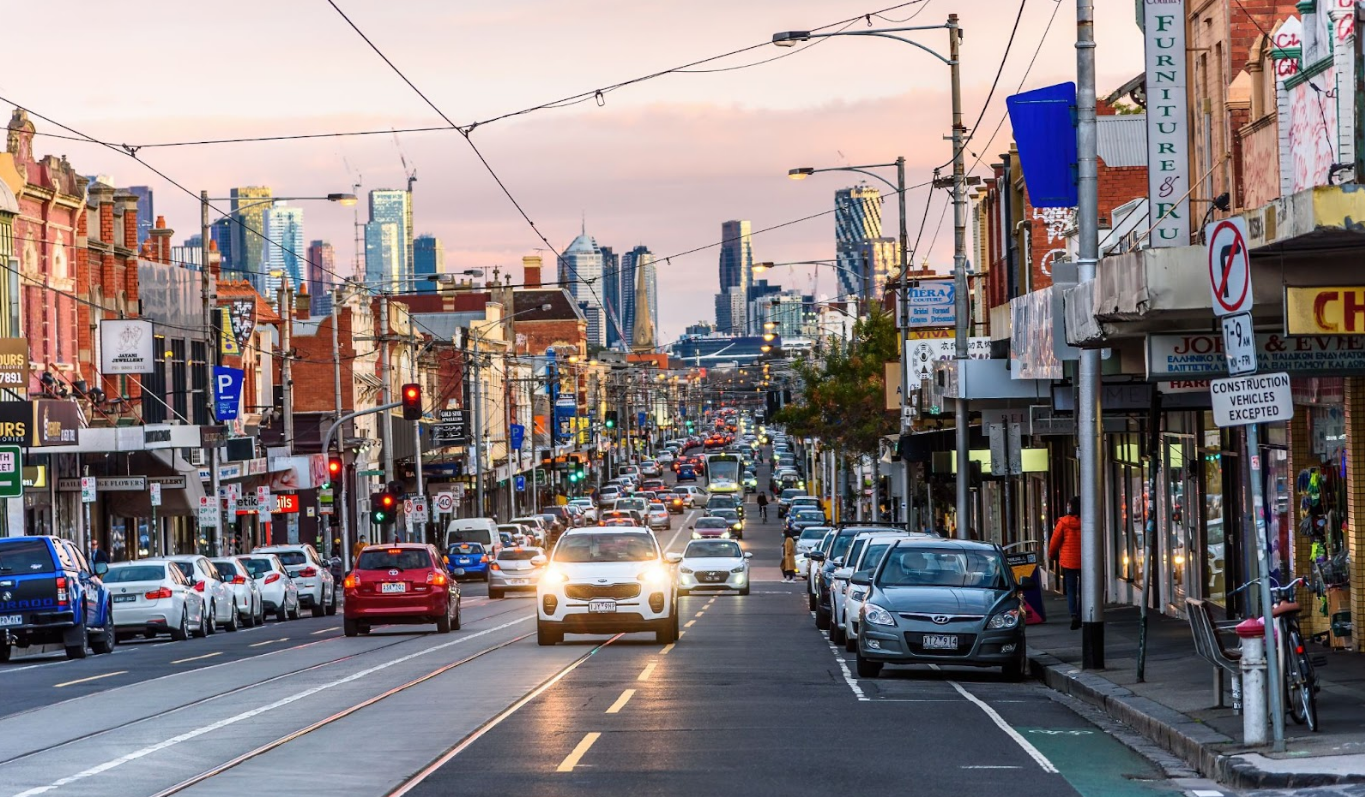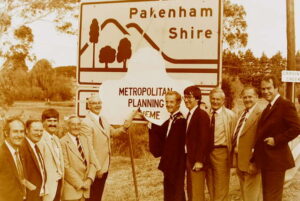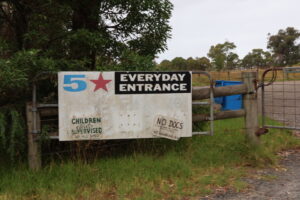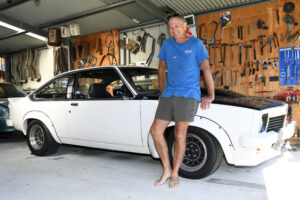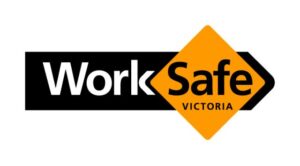Despite the number of lives lost on Victorian roads dropping over the past year (compared with the previous year), Melbourne’s numbers continue to rise. The Transport Accident Commission (TAC), which records a rolling count on road fatalities, noted a 4% increase in lives lost between the 2023-24 and 2024-2025 periods (this statistic is accurate as of September 9, 2025). For this same period, it also noted a 13% increase in lives lost while driving a car (a 15% increase on the five-year average).
Talk to Melbourne locals and you won’t find many that are surprised to hear this, particularly in places like Clyde North and Cranbourne, where the same accidents at the same intersections keep happening, like broken records. The message is clear: drive responsibly. Which means, considering every detail, from road rules to car insurance to how you’re feeling physically and mentally before driving.
What other details can young Melbourne drivers take into account to improve their safety and those around them? Let’s unpack a few proven tips for driving responsibly.
Responsible driving in Melbourne: 6 proven tips
1. Never drive without registration or insurance
It’s illegal to drive unregistered and without insurance in Australia. Thankfully in Victoria (as well as TAS, WA, and the NT), CTP (compulsory third party) insurance is included in your vehicle registration costs. However, CTP insurance via VicRoads only covers injuries to passengers in motor accidents instead of damage to vehicles, so if you don’t secure your own vehicle insurance, you may be hit with some hefty out of pocket expenses in the event you’re found to be at fault for a motor accident.
If you’re concerned about insurance costs, you have the option to take out third party car insurance, which provides cover for other people’s vehicles and property in the event that you’re found to be at fault for a motor accident. Third party insurance doesn’t cover damage to your own vehicle, which is what makes these policies more affordable than comprehensive insurance. This makes third party insurance policies uniquely suited to younger drivers who may be driving lower-value secondhand vehicles (i.e. starter cars).
2. Road rules rule
Melbourne roadways can be notoriously complicated, so young drivers are encouraged to gain confidence before they start driving independently. For learners, familiarising yourself with local road rules is fundamental to acting responsibly on the road – no matter whether you’re driving down rural highways at 110km/h or trying to navigate a hook turn at a tram intersection in the Melbourne CBD.
In Melbourne, daily offences include sneaky phone use, running lights, and speeding in 40 km school zones. If you’re caught, the penalties are harsh, and rightly so; any of these activities can have fatal consequences. You can develop healthy driving habits by keeping the risks associated with inattention on the road in mind and maintaining a commitment to leaving your phone on hands-free, abiding by speed limits at all times, and heeding all other road signs.
3. Stay distraction-free
You have nothing to lose from doom-scrolling during a movie (aside from missing key plot details); do it while you’re driving, and you have everything to lose.
Given we spend every waking minute (sometimes more) with a phone in our hands, it’s no surprise that they’re one of the biggest contributors to distracted driving accidents. And in a city shared by many types of vehicles, every millisecond counts.
Again, be accountable for your behaviour. Mount your phone if you’re using Google Maps. Forget group chats as well as the need to constantly control the music. If mates are with you, they can play DJ, and you can keep your eyes on the road. And no notifications are so important that they can’t wait until after you’ve reached your destination.
4. Know the limits
When it comes to driving in Melbourne, confidence is always good – but overconfidence is dangerous. We’re not just talking skills here. Your mental state has a significant influence on your limits. Tired after a late night or a long shift? Maybe reconsider driving and take an Uber.
Know your car’s limits too. Melbourne’s a city renowned for its temperamental weather; it will test your car, and test it well, regardless of whether it’s a brand new BYD or a beat-up Land Cruiser.
5. Don’t DUI
Melbourne’s inner city nightlife is vibrant and hard to ignore; we’ve all thought, at one point, that the ‘I’ll just have one or two’ approach passes for actual logic. It doesn’t.
The fact of the matter is that drug and alcohol-related motor accidents are amongst the most lethal, so DUIs are not taken lightly by Victoria Police. RBTs (Random Breath Tests) and booze/drug buses are everywhere these days, especially after long weekends and other big events. Get caught during holiday periods where double demerits and immediate license suspensions kick in, and you’ll be leaning on friends for lifts for a long time.
6. Be considerate of other drivers
We’ve spoken a lot about being accountable for yourself; well, part of this accountability extends toward everyone else you share the road with. In Melbourne, consider the following vehicles: cars, trucks, trams, and bicycles. Add to this pedestrians in all directions and trains that criss-cross major roads like stitches on fabric. No doubt, you expect everyone else to hold up their end of the safety bargain; you must hold up yours.
Be vigilant, be agile, and be patient. Use your indicators, merge with care, and visibly show your appreciation for others’ mutually respectful behaviour. Every detail counts, especially during peak hours (which, in Melbourne, account for a lot of hours).
Maintain a Commitment to Driving Responsibly in and around Melbourne
Ultimately, the approach to driving in Melbourne—as with any other city, any other place—is simple: do it responsibly. At the risk of sounding like a nagging parent, it’s the best and most reliable way to control the things you can control when you’re on the road. Stay focused, respect the rules, and know your limits.
Remember: driving’s not a right, it’s a privilege. Your safety and reputation, along with the wider driving culture you’re contributing to, are shaped by your actions every time you step behind the wheel. You don’t need to be perfect, just responsible.

